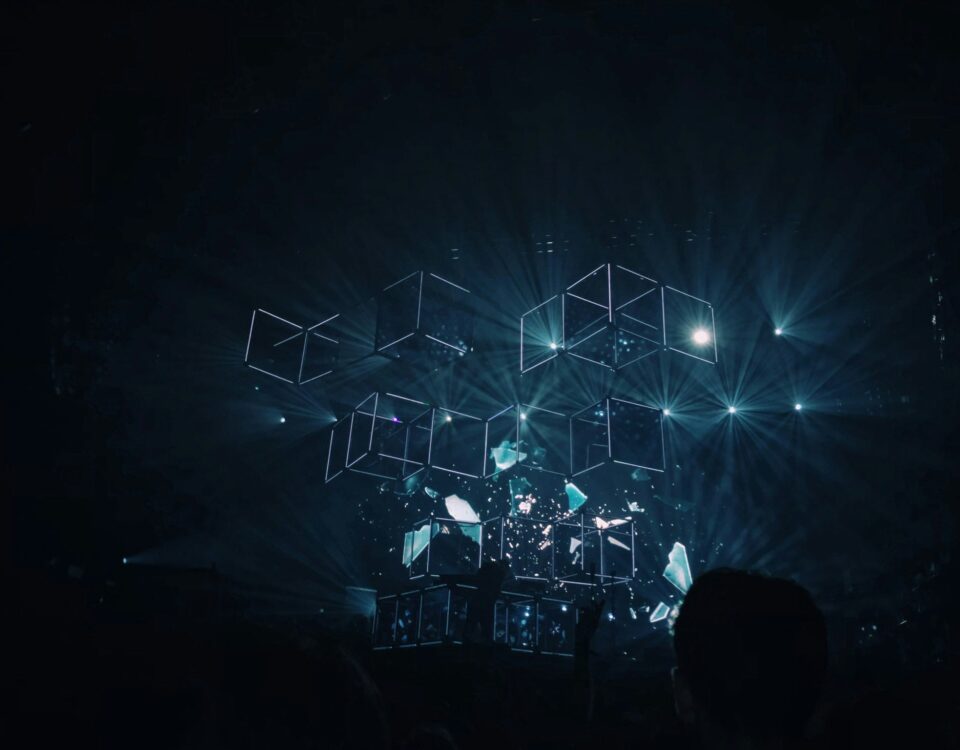Innovative Solutions: Exploring Smart Containers for Enhanced Waste Management

Safety First: Best Practices for Using Container Rentals on Your Job Site
February 19, 2024
The Quantum Leap: How AI is Powering the Next-Gen of Stock Apps
April 22, 2024As the global population continues to grow and urbanization expands, the demand for innovative waste management solutions has become more urgent than ever. Enter smart containers, a groundbreaking approach to tackling the challenges of modern waste management. By incorporating technology into traditional waste collection, smart containers are setting a new standard for efficiency, sustainability, and environmental stewardship. This article delves into the world of containerdienst Hanau preise and how they are revolutionizing the way we handle waste.
**What are Smart Containers?**
Smart containers represent the next generation of waste receptacles, equipped with technology that enables them to communicate data about their status in real-time. These intelligent systems can track fill levels, optimize collection routes, and even identify the types of waste being deposited. Embedded sensors and IoT (Internet of Things) connectivity transform these seemingly simple bins into powerful tools for municipal authorities and waste management companies, facilitating data-driven decisions that enhance operational efficiency.
**Optimizing Collection Routes and Schedules**
One of the standout features of smart containers is their ability to optimize waste collection routes. By monitoring fill levels in real-time, these containers ensure that collection services are dispatched only when necessary, preventing the inefficiency of collecting half-empty bins. This not only saves time and resources but also reduces the carbon footprint associated with waste collection vehicles. The result is a more streamlined operation that aligns with broader environmental goals.
**Enhancing Sustainability through Recycling Efforts**
Smart containers are not limited to managing general waste. They can also be configured for specific waste streams, such as recyclables or organic waste, and provide valuable insights into recycling rates and potential contamination issues. This data can inform targeted awareness campaigns and educational programs, promoting recycling and composting efforts among the community. By encouraging proper waste segregation at the source, smart containers play a critical role in improving sustainability and minimizing the volume of waste destined for landfills.
**Reducing Environmental Impact**
The environmental implications of adopting smart containers extend beyond optimized collection routes. Reduced vehicle emissions contribute to better air quality and lower greenhouse gas outputs. Furthermore, by enhancing recycling efforts, smart containers support the circular economy model, conserving resources and reducing the demand for raw materials. This seamless integration of technology with waste management underscores a commitment to environmental protection and conservation.
**Challenges and Future Prospects**
While the benefits of smart containers are significant, their implementation comes with challenges. Initial setup costs, data privacy concerns, and the need for robust IT infrastructure are among the hurdles to widespread adoption. However, as technology advances and becomes more affordable, the acceptance and implementation of smart containers are expected to grow, offering a promising avenue for sustainable waste management.
In conclusion, smart containers represent a leap forward in addressing the complexities of modern waste management. By harnessing the power of technology, these innovative solutions offer a smarter, more efficient approach to waste collection, emphasizing sustainability and reducing environmental impact. As we look to the future, the role of smart containers in shaping greener, cleaner cities cannot be underestimated, marking a significant stride towards sustainable living.


